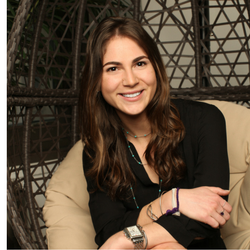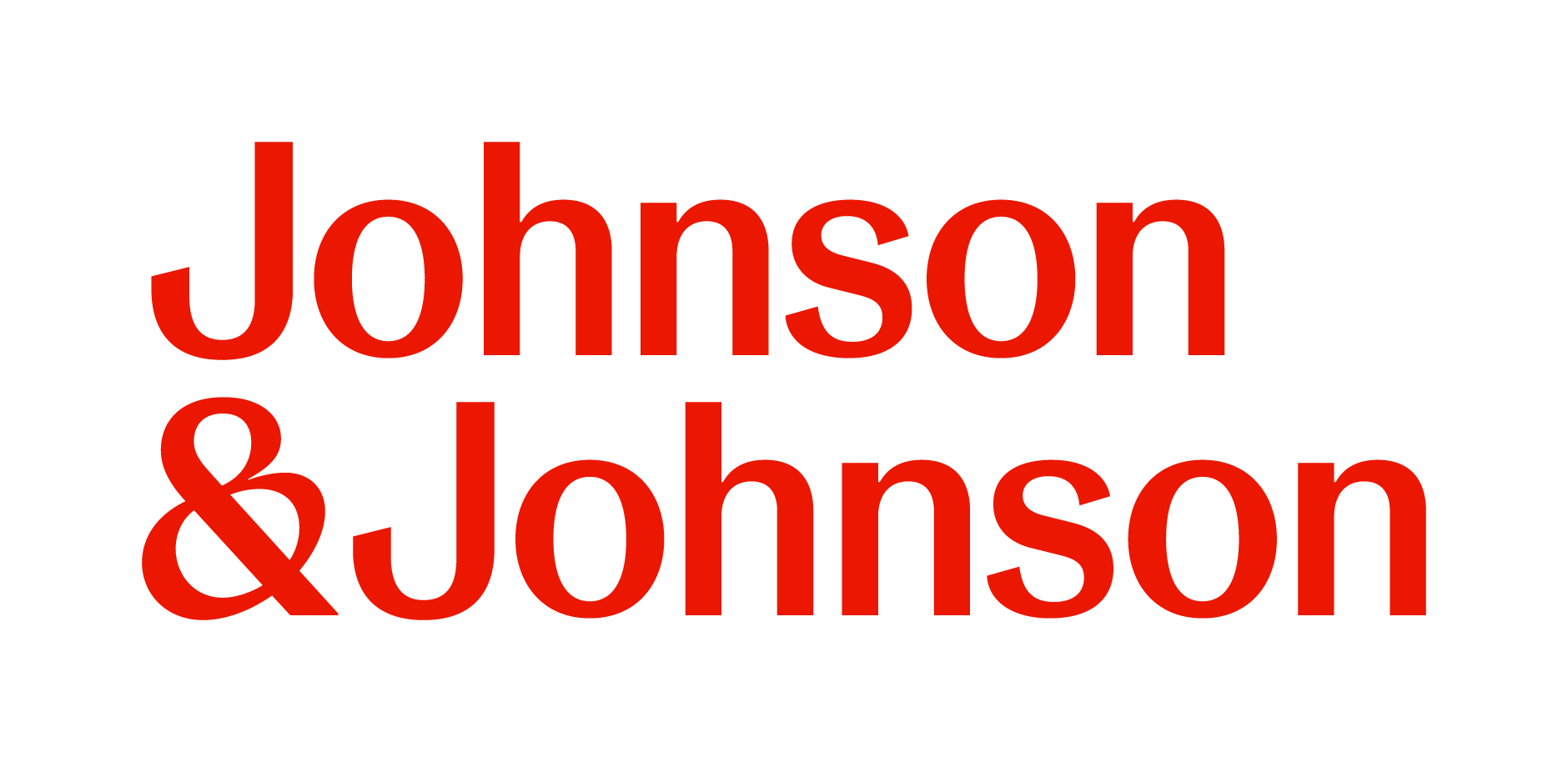Your palms are sweaty, your stomach is in a knot, and all you can do is wonder if you’re saying the wrong thing.
Are you on a date, or a job interview?!
With Valentine’s Day right around the corner, we’ve started thinking a lot about how dating can be a lot like job searching. If you think about it, both activities require you to battle your nerves, put your best foot forward, get a good recommendation, and of course, appropriately follow up.
So, we surveyed 662 college students and recent graduates from 410 universities across the country to see if they felt job searching and dating are alike too. In some cases, it seems our survey takers approach dating and job searching similarly, but in other ways, they couldn’t find the two more different. We saw some fascinating divides in the way that men and women think about these two activities too.
Dating causes more nerves than job searching.
First up, we asked survey takers how nervous they get before a first date, and then before a first job interview. It turns out, college students feel significantly more nervous before the date! 48.5% of those surveyed claimed they get nervous before a date compared to 36.3% who said they get nervous before a job interview.
What’s more? Men get more nervous before a date than women do. Looking at the data split by gender, it’s clear that while men and women are equally nervous before an interview (25.35% and 25.67%), men are more nervous than women before a first date (34.27% compared to 30.02%).
Pressure’s on, fellas!

What happens to your nerves when you get older? Well, your priorities shift when you graduate from college, which may affect your nerves.
According to our data, students get more nervous before a date, 32.6%, compared with 24.28% before an interview. However, things change when you graduate from college. Recent grads are more nervous before an interview then they are before a date. Only 27.40% of recent grads surveyed claimed nervousness before a date, while 34.25% said they get nervous before a job interview.
 So, whether you have a first date or an interview coming up, just remember to prepare quality questions, take deep breaths, and of course, be yourself!
So, whether you have a first date or an interview coming up, just remember to prepare quality questions, take deep breaths, and of course, be yourself!
Students and grads embrace more help with job searching than they do with dating.
Whether it’s choosing the right words to craft that pre-date text or the perfect action verb on your resume, how you communicate on the job search and when dating is essential. And, it’s ok to ask others for guidance in this department!
It turns out, men ask for less help than women do. We figured as much, based on that “asking for directions” stereotype ;). According to our data, 42.86% of women claim to ask for help texting that special someone before a date, while only 23.47% of men claim the same.
 However, when it comes to getting advice on a resume, men and women aren’t shy: 76.27% of women say they ask for help, while 65.73% of men say the same. Students and grads are much more likely to get a second opinion on their resume then they are on a (flirty) pre-date text message.
However, when it comes to getting advice on a resume, men and women aren’t shy: 76.27% of women say they ask for help, while 65.73% of men say the same. Students and grads are much more likely to get a second opinion on their resume then they are on a (flirty) pre-date text message.
Our advice? It can’t hurt to get advice from someone you trust on the job search. Often, a friend or family member can be a great resource to give your resume or cover letter a second look since they know your strengths and weaknesses well.
Based on our own experiences, we found it strange that the majority of students and grads aren’t asking for texting help before a date. Maybe they just aren’t admitting it!
Professional referrals are more desirable than date recommendations.
Everyone loves a good recommendation – whether it’s the best restaurant in town or the comfiest sneakers on the market. It’s a known fact that people take their friends’ endorsements seriously.
So, we asked the survey takers two questions – would they be more likely to “go out with someone based on a friend’s recommendation,” and “would they be more likely to apply for a job if you knew someone at the company?” According to our findings, respondents trust referrals more when job searching than they do with dating.
 On the job search, knowing someone at the company you are applying for is a big plus. 73.12% of women and slightly more men, 76.06%, agreed that this increases the likelihood they would go for the position.
On the job search, knowing someone at the company you are applying for is a big plus. 73.12% of women and slightly more men, 76.06%, agreed that this increases the likelihood they would go for the position.
However, it seems men and women are less likely to go out with someone based on a friend’s recommendation (men even less so!) 69.25% of women surveyed claimed they’d be open to going on a date with a friend of a friend, and 59.42% of men said the same. We were surprised to see that students and recent grads don’t place as much value on dating recommendations as they do on professional referrals (especially men!)
While we can’t speak for dating, we know that one of the best ways to learn about new professional opportunities is to utilize your network. So, take advantage of your friends’ recommendations. You might just end up with a new job and a new bae.
Students and grads are quicker to follow up after a date than after an interview.
Whether you had an incredible date or interview, it’s crucial to close the loop with a carefully crafted message.
To see if students and grads view following up similarly in job searching and dating, we asked them how long they wait to follow up after both types of rendezvous (that, they presumably thought went well).
We found that there weren’t any significant differences between when men follow up and when women follow up. Luckily, only 3.87% of women and 3.76% of men claim they don’t ever follow up after an interview, and less than 0.48% of women and 0.47% of men don’t follow up after a date.
What we did see though was that both men and women follow up faster after a date than an interview!
 Both men and women are much more likely to follow up immediately after a date than after an interview. 36.86% of students and recent grads surveyed said they follow up within one hour of a date, but only 7.40% said they follow up within one hour of an interview.
Both men and women are much more likely to follow up immediately after a date than after an interview. 36.86% of students and recent grads surveyed said they follow up within one hour of a date, but only 7.40% said they follow up within one hour of an interview.
Yes, an hour is quick turnaround time. However, students and grads are also more likely to follow up within a day of a date than an interview! Out of the hundreds of men and women surveyed, 44.56%, feel that the day after a date is the appropriate amount of time to follow up, while only 28.10% follow up after an interview in that same time frame. The majority of students and recent grads, 48.19%, feel that it’s more appropriate to follow up after an interview within a week.
Pro tip from team WayUp? You should be thinking about your interview follow up more like your date follow up. In fact, our CEO and Co-Founder Liz Wessel says that you should send thank you notes within 12 hours of an interview! You want to remain top of mind to your interviewers, and shouldn’t be afraid to send a same-day thank you, especially if you are highly interested in the company.
Our conclusion?
While job searching and dating might seem parallel, the data shows that students and grads, in fact, approach them very differently.
However, while we are no matchmaking experts, we do believe that the best practices of each activity hold true to “maximize your results”: calm your nerves, ask those you trust for help, utilize your network, and follow up quickly.
Happy Valentine’s Day from the WayUp Team! For more interview and job search tips (sorry, that’s all we’ve got for dating advice) see here.






